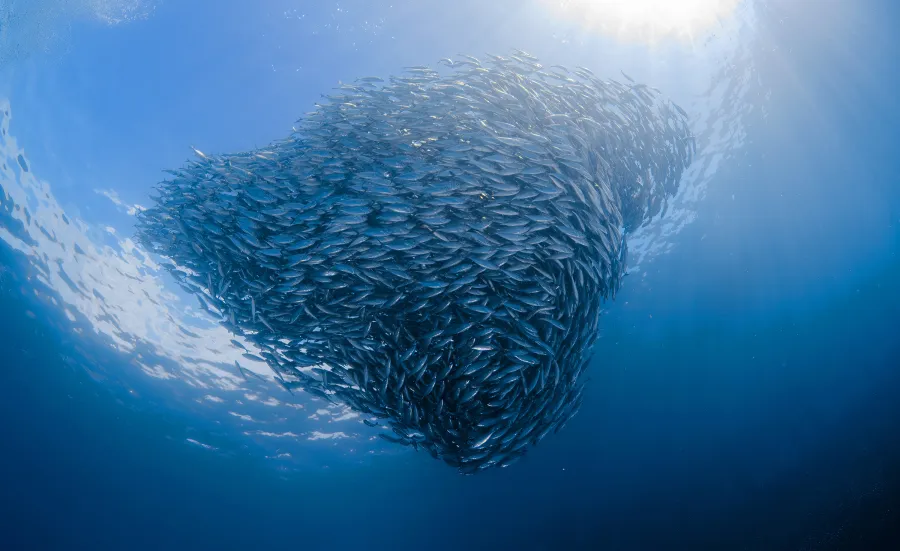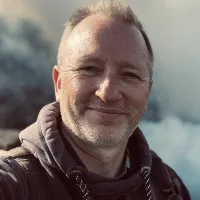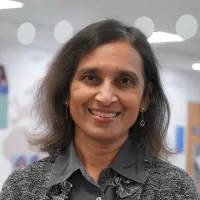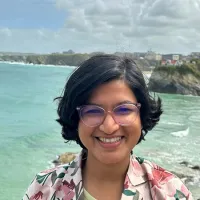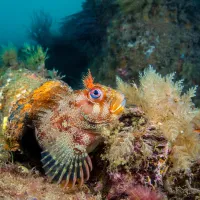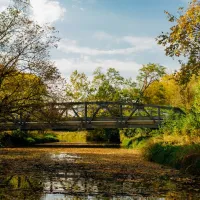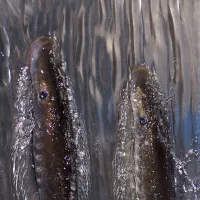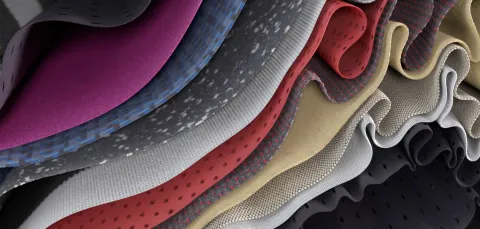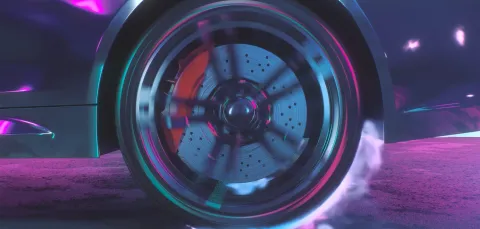Aquaculture in context
The impacts of climate change, warming sea surface temperatures, habitat loss and pollution are causing fish stocks in the ocean to decline or redistribute as they move to deeper colder water. Combined with these environmental factors, the fluctuating price of fish and changes to policy, have increased operational costs of fishing fleets, negatively impacting the capture fishing industry.
India is a leading contributor to the global seafood industry. Currently, over 50% of the fish produced in India comes from the aquaculture industry and the practice of farming seafood. Farm grown fish and crustaceans are fed with fish feed. The major component of this is fishmeal which is a nutritious powder made from wild fish.
But to sustain livelihoods, fishing practices are changing. To provide more raw material for fishmeal, fishing fleets are catching a higher proportion of species that could be used directly for human consumption. This is resulting in a loss of biodiversity and harming ocean productivity and health.
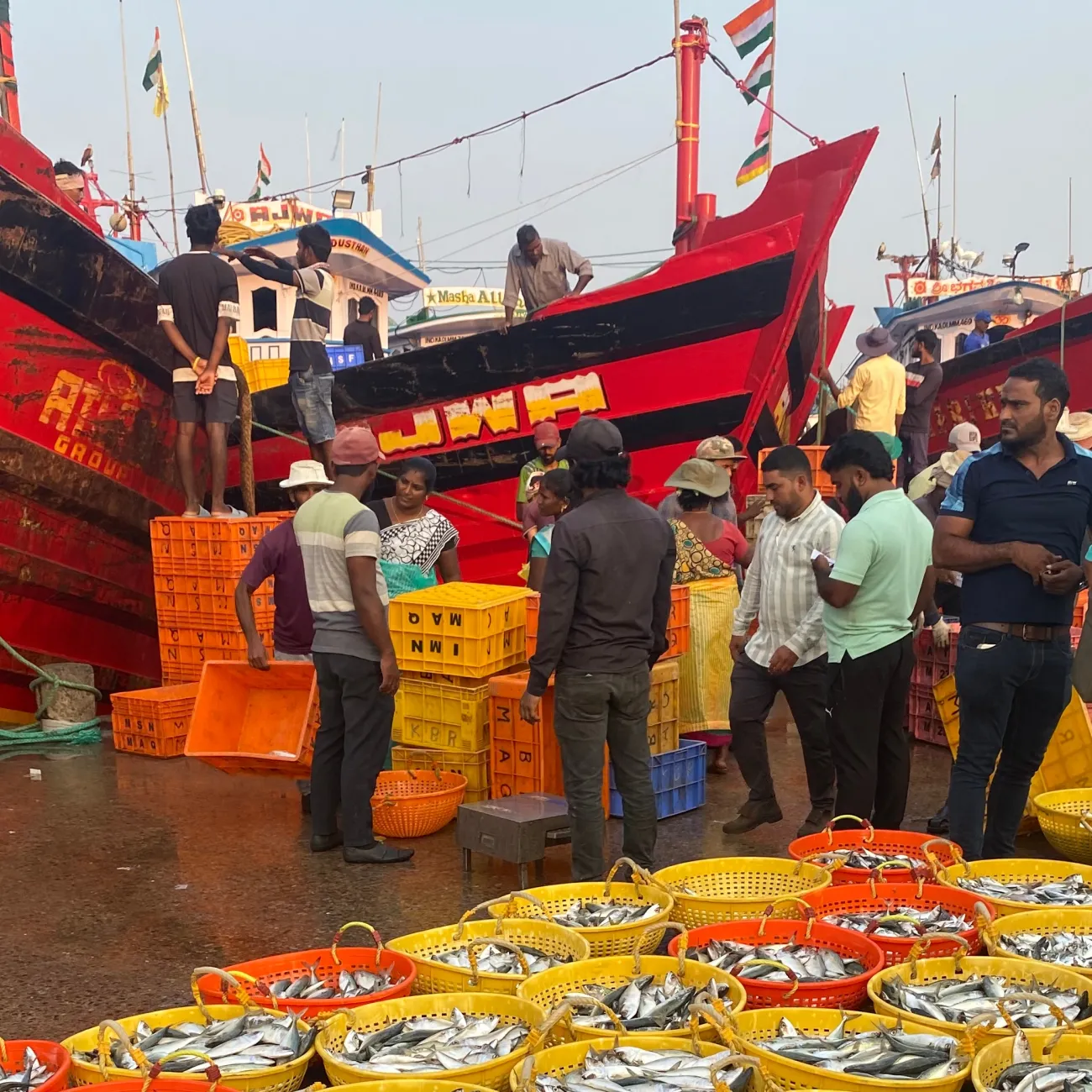
Working with fishing communities
Avanthika (Avi) Kamath, a PhD student in Sustainable Management Practices, is working directly with the fishing communities of Mangalore in India. She's supported by Paul Kemp and Dr Bindi Shah, Associate Professor of Sociology, Social Policy and Criminology.
“Our research is about mitigating environmental impact of human activities on ecosystems with the view to develop solutions to protect biodiversity while encouraging sustainable economic growth, particularly for low-income communities” says Paul Kemp, Professor of Ecological Engineering.
Avi has been able to carry out her PhD thanks to the Intelligent Oceans doctoral scholarship from the Southampton Marine and Maritime Institute (SMMI). She is using a systems thinking approach to understand fishing processes, the challenges the locals face and how improvements can be made to benefit their livelihoods.
Mangalore is a sub-division in the Dakshina Kannada district, hosting 22 fishing villages, 3,610 families and 12 fish landing centres. It is a hub of fishmeal and fish oil Industries, providing a good representation of the fishing industry in India.
If we want to save a species or ecosystem, we can’t just look at it in isolation. We must analyse all the systems that impact it. Only when we have a clear picture of all the factors – environmental and human – can we recommend sustainable improvements.
Avi Kamath, PhD student
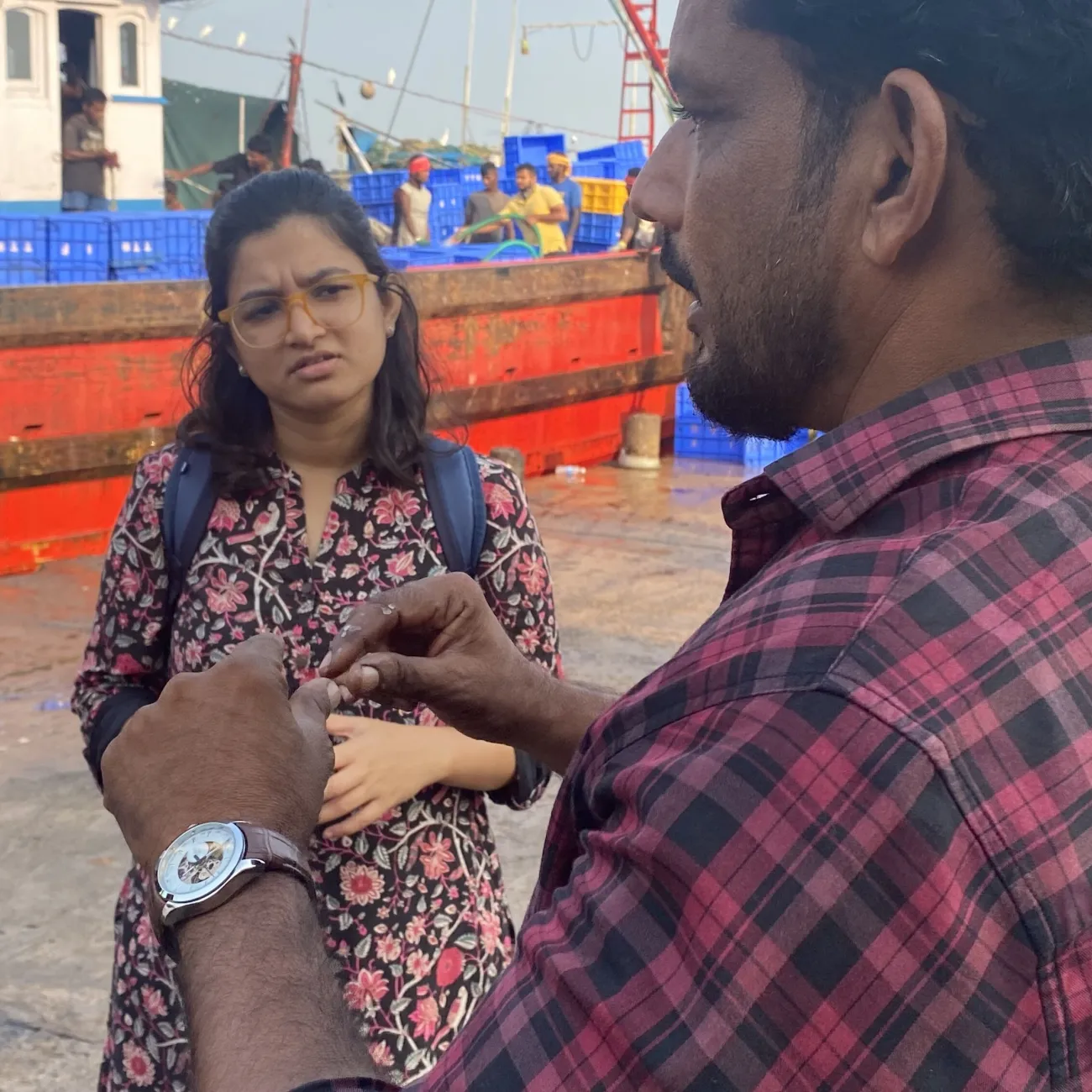
Building trust
Avi, who is originally from Mangalore, has built trust within the fishing communities to build a more authentic picture of the issues they face.
“The fishing industry has developed over centuries with the craft being passed down from generation to generation. Policy to protect biodiversity can’t be imposed on these communities; it must be developed in partnership with them so that factors important to their livelihoods can be included in the sustainable solutions,” she says.
I am trying to bridge the gap between the policymakers and the people on the ground, who would be impacted by the future policies that focus on sustainability.
Avi Kamath, PhD student
